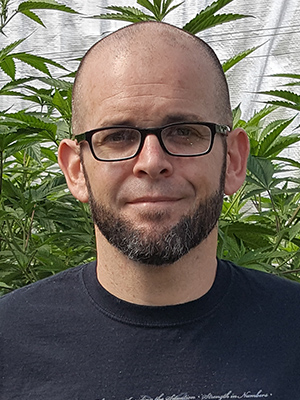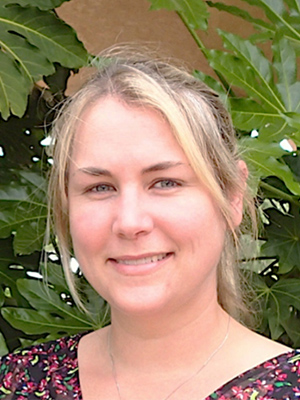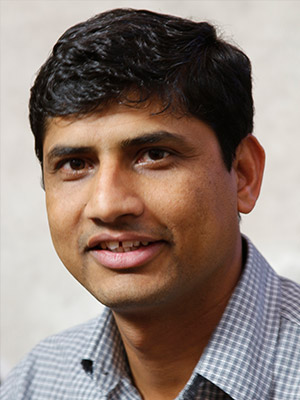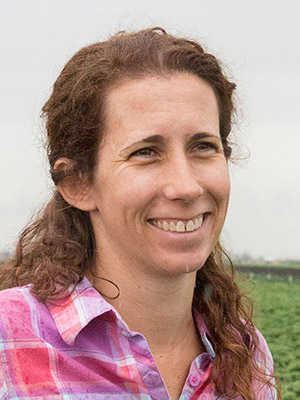IPM Specialist, Beneficial Insectary
Kelly joined the sales consulting team of Beneficial Insectary in 2016 after working as IPM Manager for Fessler Nursery in Woodburn, OR. At Fessler, he developed large-scale, customized bio control protocols that still operate and expand under the current growing team. Kelly now works directly with growers, helping establish, maintain and develop bio control programs for key plant pests in all types of crops.
Based in Redding, CA, Beneficial Insectary has been offering domestically-produced BCAs for growers of all types of crops for over 30 years. With many organisms available for next-day shipping, Beneficial Insectary proudly offers unbeatable quality and freshness of live organisms delivered to growers within 48 hours of ordering.










